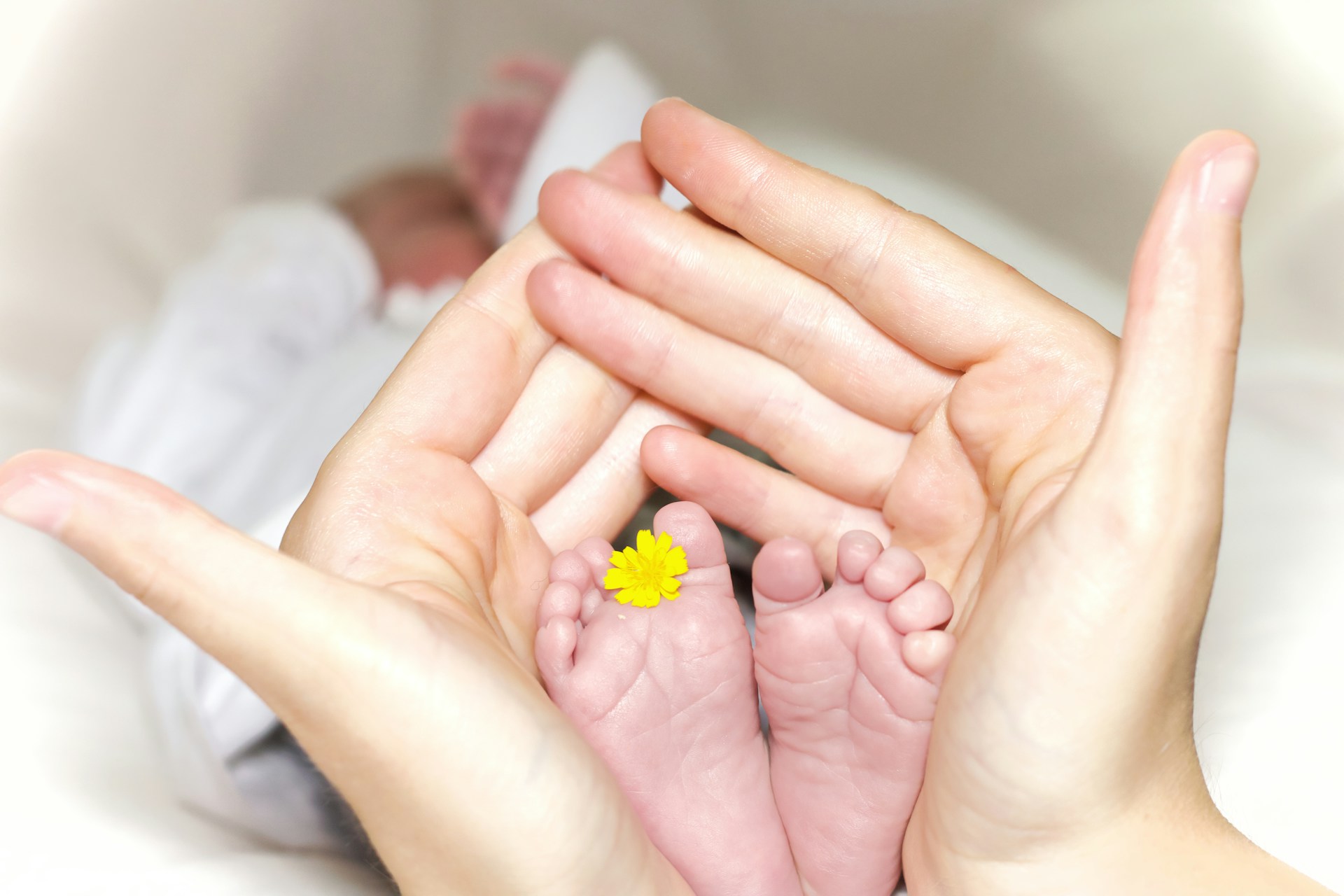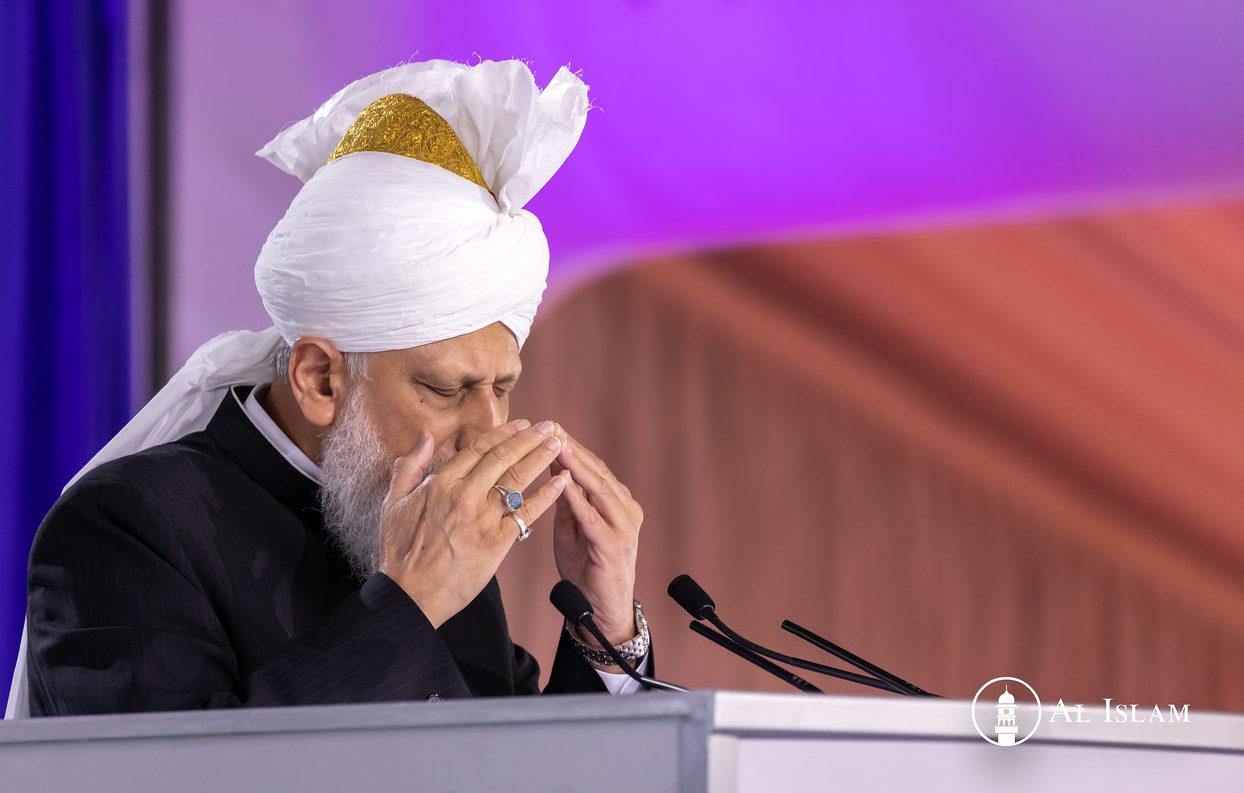Period stigma has important consequences for the health and well-being of women. This calls for efforts on removing the taboos around the topic.
AASIFA RAHMATH HAMEED, CHENNAI
JUNE 16, 2022
The stigma surrounding menstruation is near-universal and very old. Numerous myths regarding the menstrual cycle of women have been a part of human beliefs and superstitions since time immemorial. Even today, many misbeliefs exist concerning menstruation, with the very concept of women having their period being considered taboo in several cultures around the world.
The act of a woman’s body shedding an organic tissue every month is not met with compassion, as their situation demands, but with disgrace, discrimination, and in some cases isolation. Some women do not even get to maintain proper hygiene during these days owing to the lack of awareness regarding the subject.
Today, efforts are made to remove the taboo surrounding the topic through advertisements and awareness campaigns. However, despite these efforts, we see that discrimination against menstruating women still persists in human society.
For instance, many cultures and traditions bar women from entering the kitchen during their menstrual period. They are served food in separate utensils and are not allowed to use or touch the vessels used by other members of the family. However, the practice of the Holy Founder of Islam, Prophet Muhammadsa in this regard showcases how he took unprecedented efforts, far ahead of time, to destigmatize menstruation. Hazrat Aishara, wife of the Holy Prophetsa reports:
I would drink when I was menstruating, then I would hand it (the vessel) to the Prophetsa and he would put his mouth where my mouth had been, and drink. And I would eat flesh from a bone when I was menstruating, then hand it over to the Prophetsa with some bits of meat left on it and he would put his mouth where my mouth had been.[1]
Undoubtedly, this example serves as an outstanding model for people of all ages to follow and adequately demonstrates how the Holy Prophetsa championed women’s rights.
In many cultures even today, we see it to be a norm to isolate menstruating women from the very homes they reside in. Here again, the Holy Prophetsa becomes a universal exemplar of women’s rights. It is reported that once, Hazrat Umm Salmara was lying with the Holy Prophetsa under one blanket that she menstruated. She immediately slipped out from under the blanket. Upon seeing this, the Holy Prophetsa asked if she had menstruated. When she answered in the affirmative, the Holy Prophetsa said that this was something God has decreed with all women. When she sorted herself out and came back, the Holy Prophetsa asked her to come under the cover with him.[2].
Even in this modern age, menstruating women are forced to leave their bedrooms and are kept in seclusion, let alone sleeping in the same bed with their husbands. However, the Holy Prophetsa sets a truly spectacular example not just for Muslims but for any civilized person in the world. It is further reported from Hazrat Aishara:
When anyone amongst us (Prophet’s wives) was menstruating, the Prophetsa would ask her to tie a waist-wrapper around herself if the bleeding was heavy, then he would embrace her. And none of you can control his desire as the Prophetsa could control his desire.[3]
This was a noble and loving gesture from the Holy Prophetsa to express his love and care for his wives as is evident from the testimony of Hazrat Aishara.
It may also be noted here that it was never the practice of the Holy Prophetsa to engage in sexual intercourse during the menstrual period of his wives. The Holy Quran categorically forbids this practice as it is stated:
And they ask thee concerning menstruation. Say: ‘It is a harmful thing, so keep away from women during menstruation.[4]
It is reported that on one occasion, some companions approached Prophetsa and sought guidance regarding menstruating women on how to treat them, as they had witnessed the Jews of Medina that they did not dine with their menstruating wives, nor did they live with them in the same house. It was at this time the above-quoted verse was revealed and the Holy Prophetsa said, “do everything except intercourse”.[5]
To abstain from having intercourse during menstruation is indeed a wise injunction of Islam which benefits women themselves. Nowadays, the practice of period sex is being normalized in the name of breaking the stigma associated with menstruation. However, research shows that this can have adverse effects on the health of both parties, women in particular.
A study conducted in 2019 concluded a positive association between sex during menstruation and endometriosis[6]. Endometriosis is a disease of the female reproductive system that can cause severe pelvic pain, heavy periods and even infertility. Yet another study found that infertility occurs in up to half of women affected with endometriosis[7]. Apart from this, an earlier study had observed a strong statistical connection between the practice of menstrual sex and the experience of sexually transmitted diseases in women[8]. The study even goes on to appeal to the public health institutes to promote abstinence during the menstrual period of women.
Hence, the Holy Quran was safeguarding women’s health when it asked men to abstain from having intercourse with women during menstruation rightly acknowledging their condition to be a source of harm and pain. However, the modern movements seek to blindly normalize menstruation to an extent of neglecting the deleterious elements associated with it and end up hurting women themselves.
The Holy Prophetsa would not allow the thought to occur to his wives that they were somehow spiritually inferior during their periods. Hence, Hazrat Aishara reports that the Holy Prophetsa would recline in her lap while she was menstruating and recite the Holy Quran.[9]
However, influenced by their cultural norms, the wives of the Holy Prophetsa would often restrain themselves during menses. But the Holy Prophetsa would break such stigmas through his magnanimous examples.
Once, the Holy Prophetsa requested Aishara to get him a mat from inside the mosque. When she replied that she was menstruating, the Holy Prophetsa said that her menstruation was not in her hand.[10]
This narration also shows that although Allah has exempted menstruating women from observing the five daily prayers because of which they do not have to go to mosque regularly, they are not barred from entering mosques under any circumstance whatsoever. The restriction from regularly visiting the mosque is because of the sanctity of the mosque. Hence, the Holy Prophetsa forbade men who have had seminal discharge or have had sexual intercourse from coming to mosques before taking bath[11].
Besides, the Holy Prophetsa emphatically instructed menstruating women to attend Eid gatherings. Although they are excused from Eid prayers, they are commanded to participate in the supplications before and after Eid prayers.[12]
Concerning pilgrimage, it is narrated from Hazrat Aishara that once, she set out with the Holy Prophetsa for performing Hajj. When they reached a place near Mecca called Sarif, she menstruated. Prophetsa approached her and saw that she was crying. He asked her if she had gotten her period to which she replied in the affirmative. He said, “Verily this is a matter Allah has written upon the girls of Prophet Adamas. Do all the actions of the pilgrimage except the circumambulation”[13].
This shows that Islam does not discriminate against menstruating women, rather it affirms that the biological function of having periods is something natural and not a sign of disgrace.
Modern society is still combating cultures that treat menstruating women in a manner that they perceive as borderline disgusting. However, Islam shatters those invisible boundaries and destigmatizes the social taboo that has been tormenting women for centuries.
Likewise, where the modern movements fail to recognize the harms associated with menstruation and suggest solutions that are detrimental to the health of women, Islam acknowledges those problems and offers perfect guidance that becomes beneficial not only to women but to society at large.
The author holds an M. Phil in the field of literature and cultural studies. She is a regular contributor for Light of Islam.
END NOTES
[1] Sunan al-Nasai, Kitab al-Haid wal-Istihada (The Book on Menstruation and Irregular Bleeding)
[2] Sunan Ibn Maja, Kitab al-Taharah wa Sunanaha (The Book on Purification and the Prophetic Practice)
[3] Ibid
[4] Holy Quran 2:223
[5] Sahih Muslim, Kitab al-Haid (The Book on Menstruation)
[6] Association between Sexual Activity during Menstruation and Endometriosis: A Case-Control Study, Sanaz Mollazadeh et al. International Journal of Fertility & Sterility October-December 2019
[7] Endometriosis and Infertility, Carlo Bulletti et al. Journal of Assisted Reproduction and Genetics August 2010
[8] Sexual Intercourse During Menstruation and Self-Reported Sexually Transmitted Disease History among Women, Korey Tanfer and Sevgi O Aral, The Journal of the American Sexually Transmitted Diseases Association September 1996
[9] Sahih Muslim, Kitab al-Haid (The Book on Menstruation)
[10] Jami’ at-Tirmidhi, Kitab at-Taharah (The Book on Purification)
[11] Bulugh al-Maram, Kitab al-Taharah (The Book on Purification)
[12] Sahih Bukhari, Kitab al-Eidain (The Book on Two Eids)
[13] Sahih Bukhari, Kitab al-Haid (The Book on Menstruation)












10 Comments
Shafeeq Ahmed · June 16, 2022 at 4:43 pm
Alhamdulillah, a very clear and much needed article.
Nabila Shafeeq.R · June 16, 2022 at 5:01 pm
Was an exemplary article which proves how Islam raised the status of women and beautifully Prophet Muhammad SAW championed women every time…..
Thankyou….
Love from Chennai ❤️
Talat Mehnaz · June 16, 2022 at 8:25 pm
Much needed topic..well penned indeed…
Zeenath Saleem · June 17, 2022 at 5:30 am
During the menstrual periods, women need rest because of excessive bleeding n body pain. It remains for 3 to 4 days. All these rituals have to be stopped, especially when these ladies themselves think like that.
Tahir Ahmed Majid · June 17, 2022 at 7:15 am
Nice article, cleared many false assumptions and presented rational arguments. However what surprises me, is that only women have commented so far.
Mohammad Ajmal Khan · July 18, 2022 at 9:29 am
This article , clearly busted myths. Islam champions women’s rights.
Thank you.
Shafi shireen · June 17, 2022 at 3:40 am
Amazing article which proves , How The Prophet Muhammadﷺ raised the status of women in Islam in every aspects of life…..
Kousar Mujib · June 17, 2022 at 12:04 pm
Great article.liked the content very simple and clear and conveyed the meaning in a simplified way. Jazakallah for the information provided.The clarification were the need of the hour.
Musaddika idris · June 18, 2022 at 9:05 am
Mashallah….very usefull information thank u sister😊
Mastering Menstrual Hygiene: Sharia-Compliant Practices For Every Woman - intimacy in islam · June 7, 2025 at 4:06 pm
[…] process, and the faith’s emphasis on cleanliness extends to every aspect of a woman’s cycle [4]. Embracing eco-friendly menstrual products not only reduces waste but also resonates with the […]